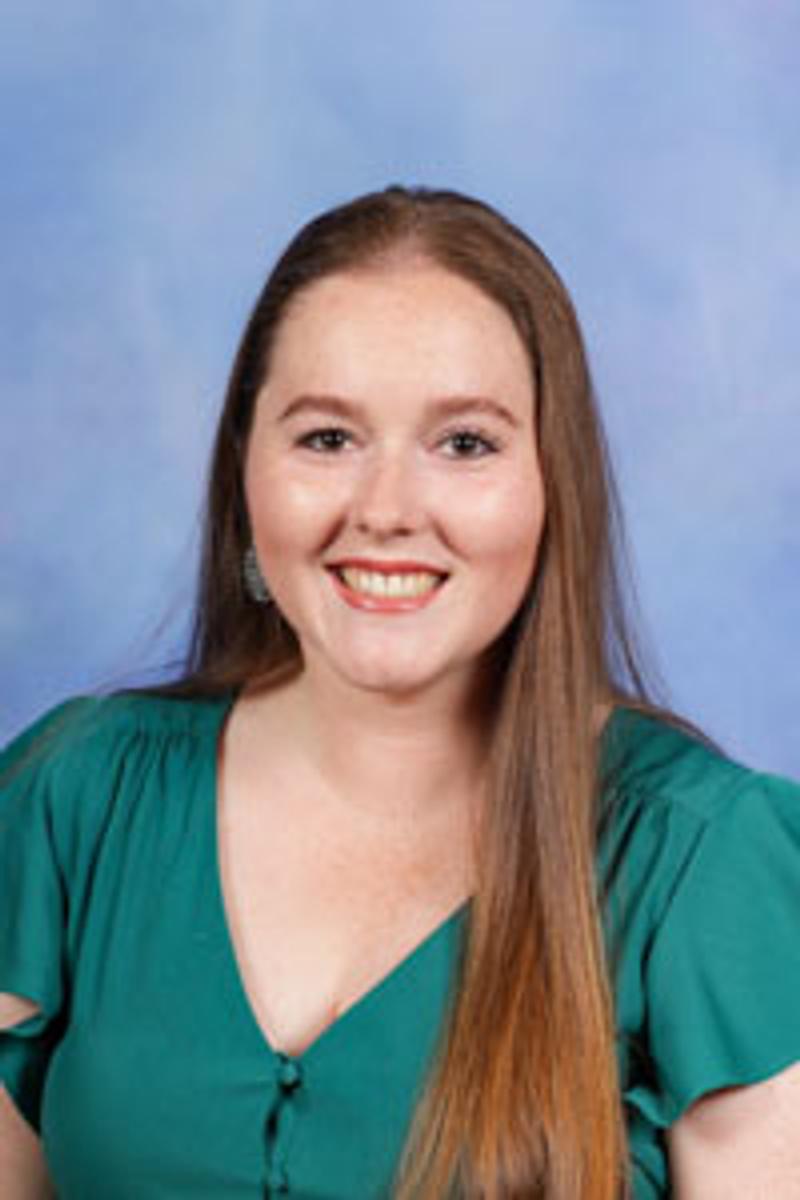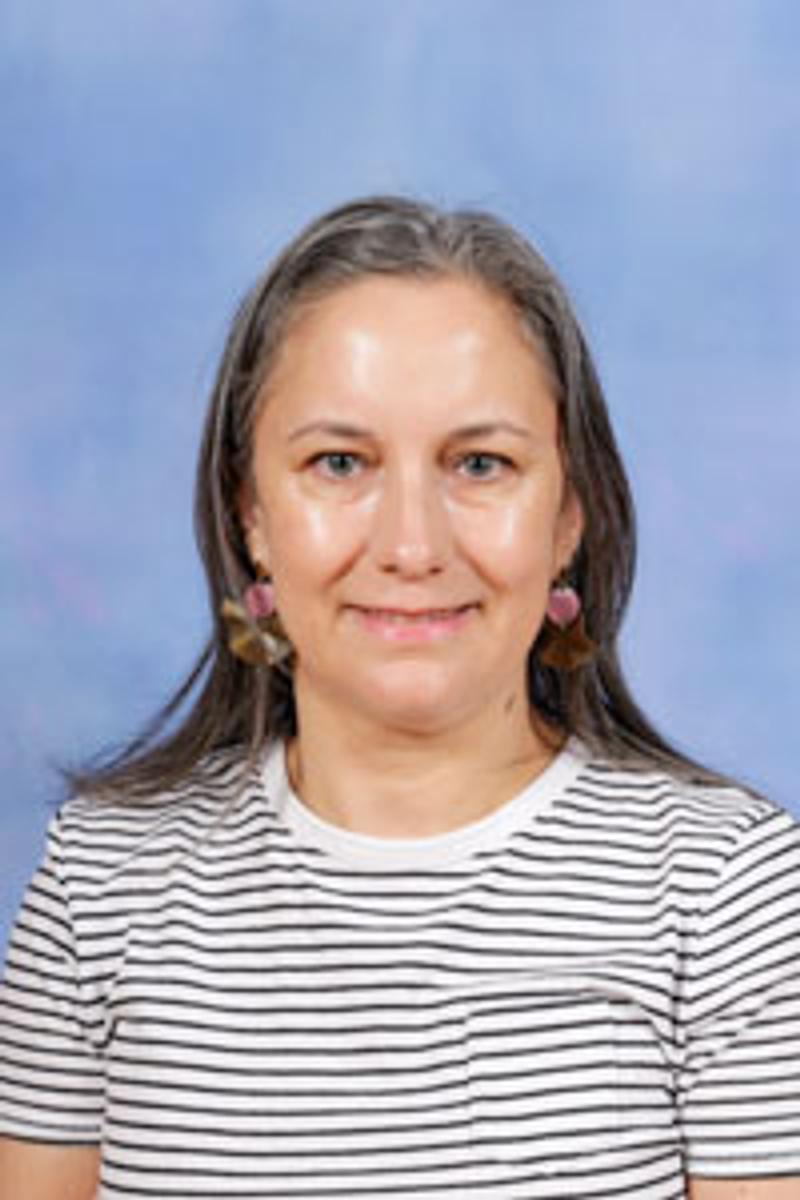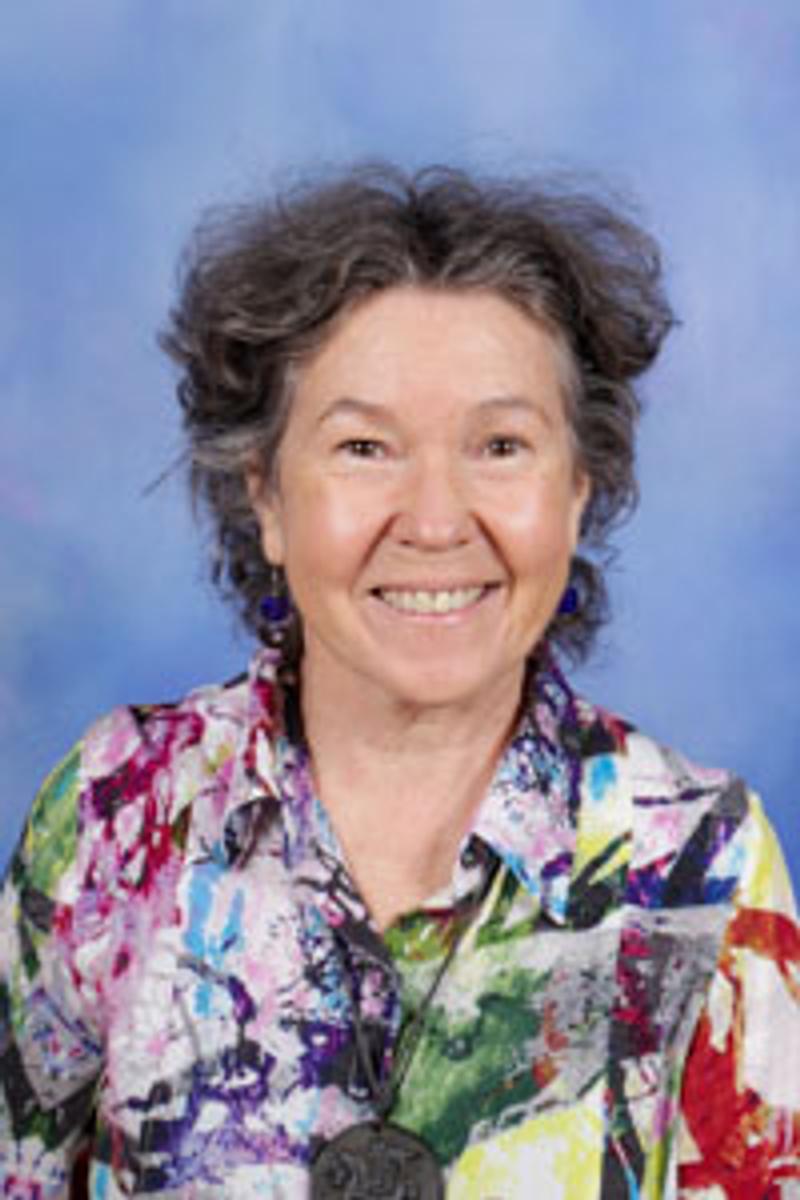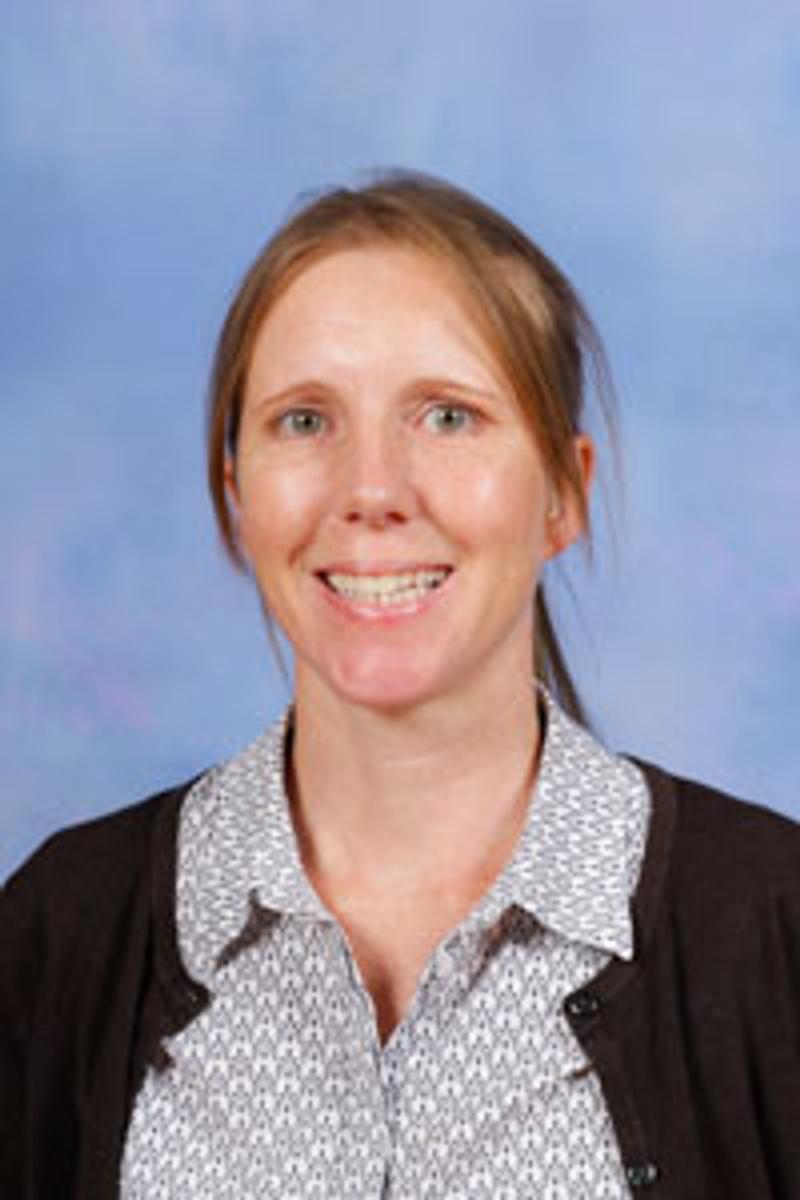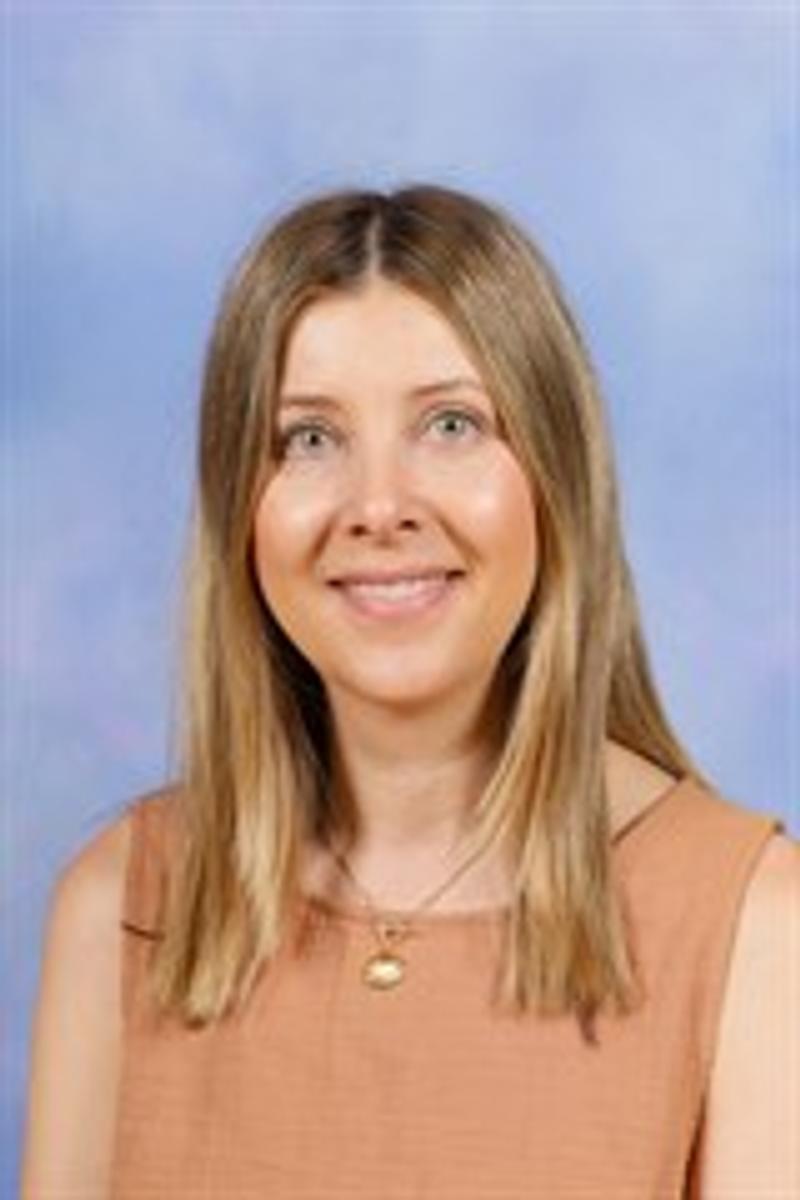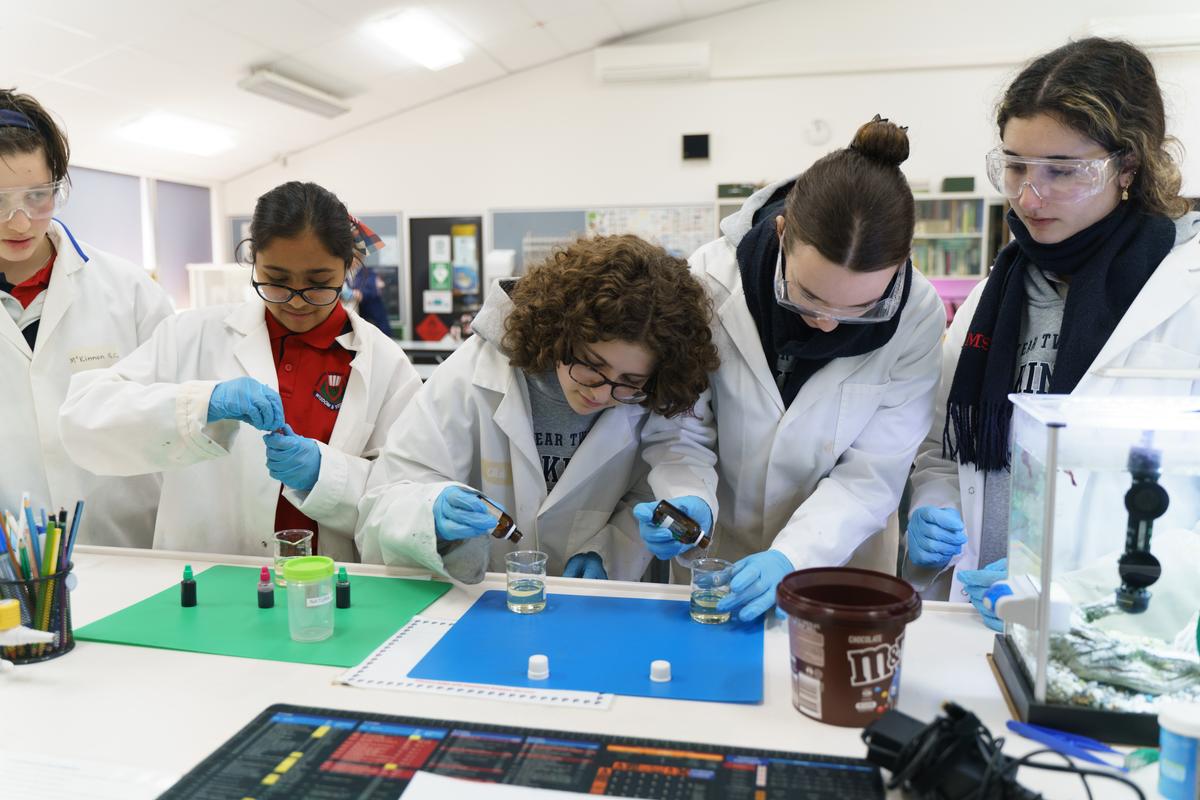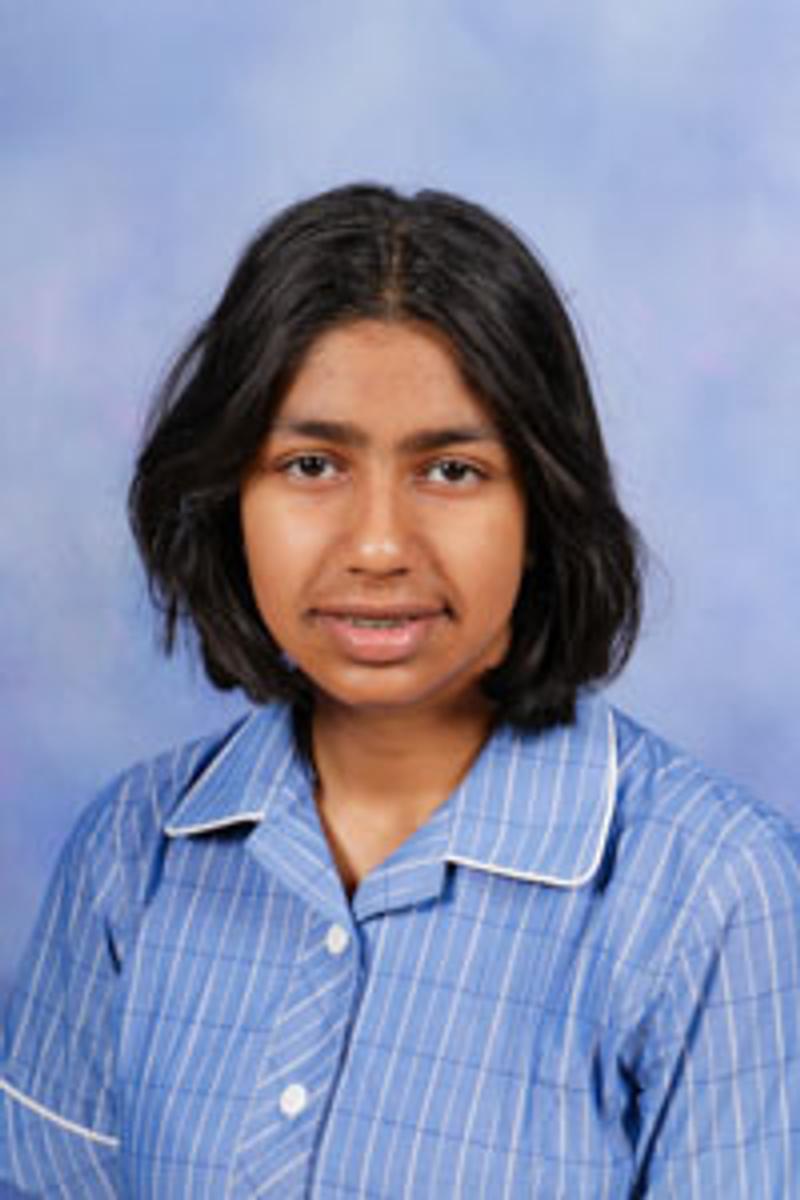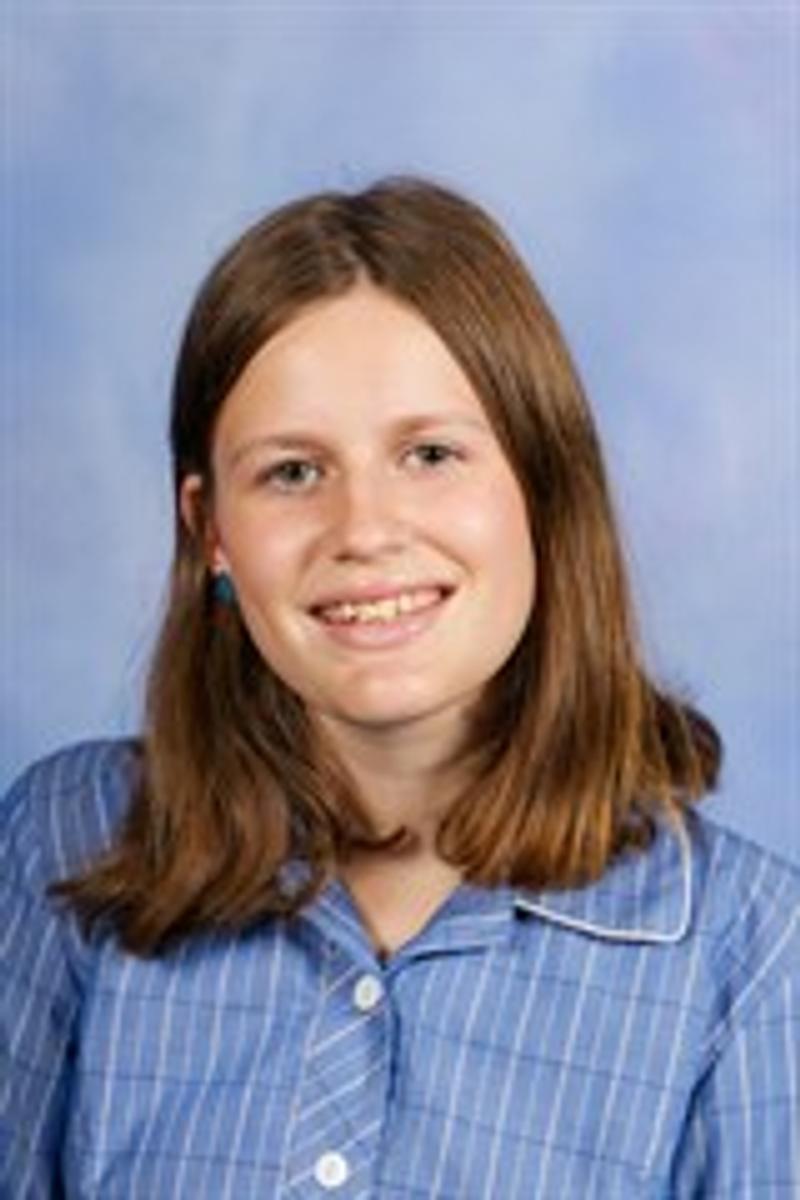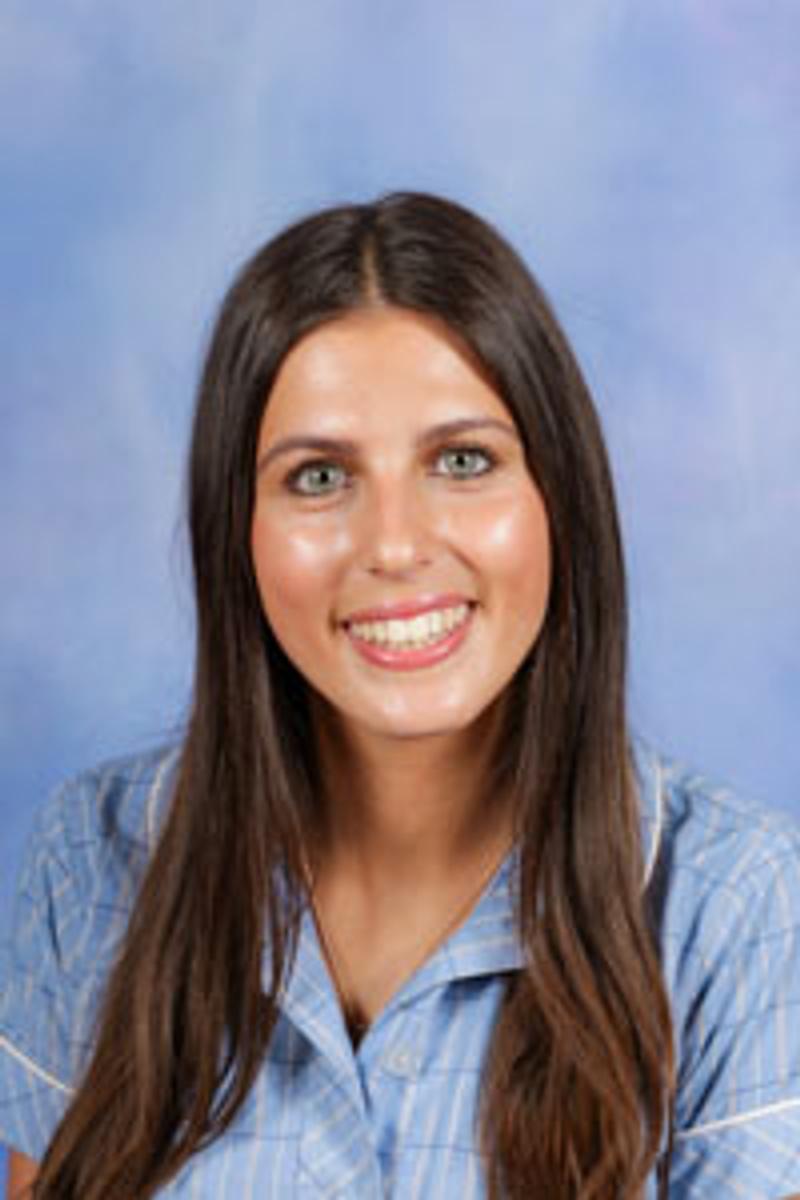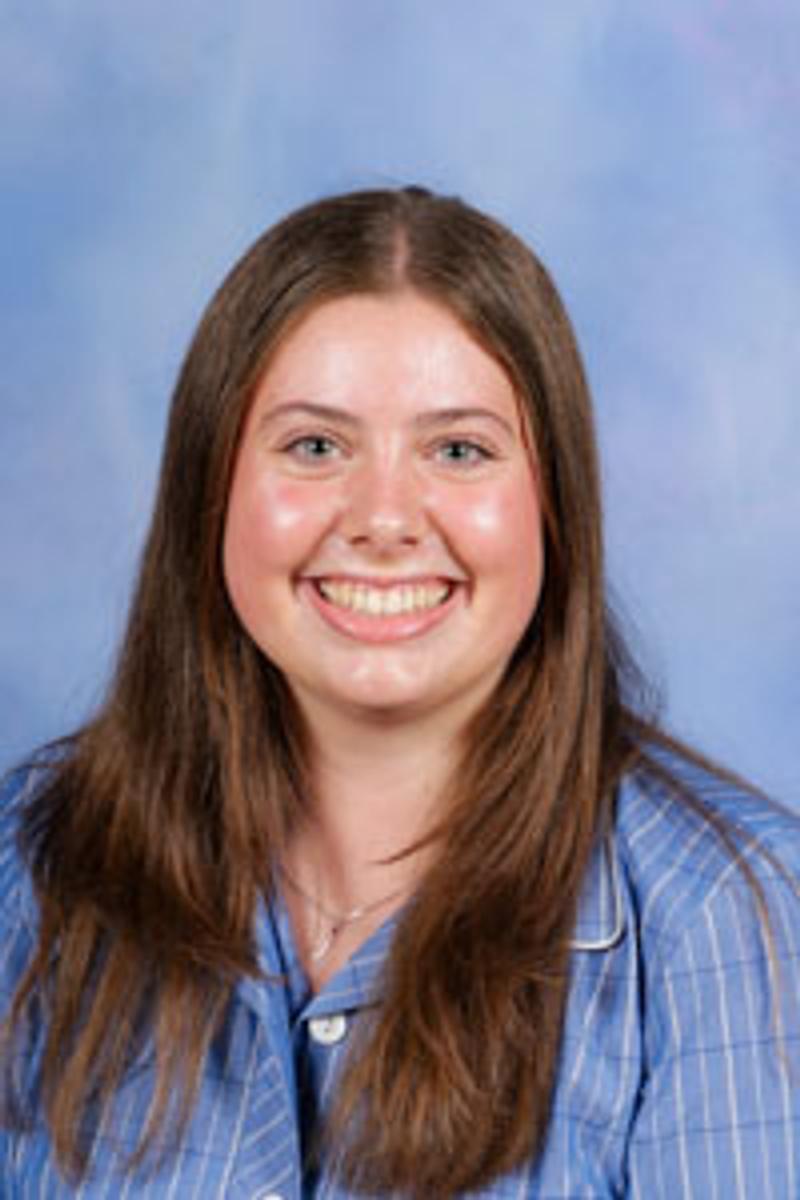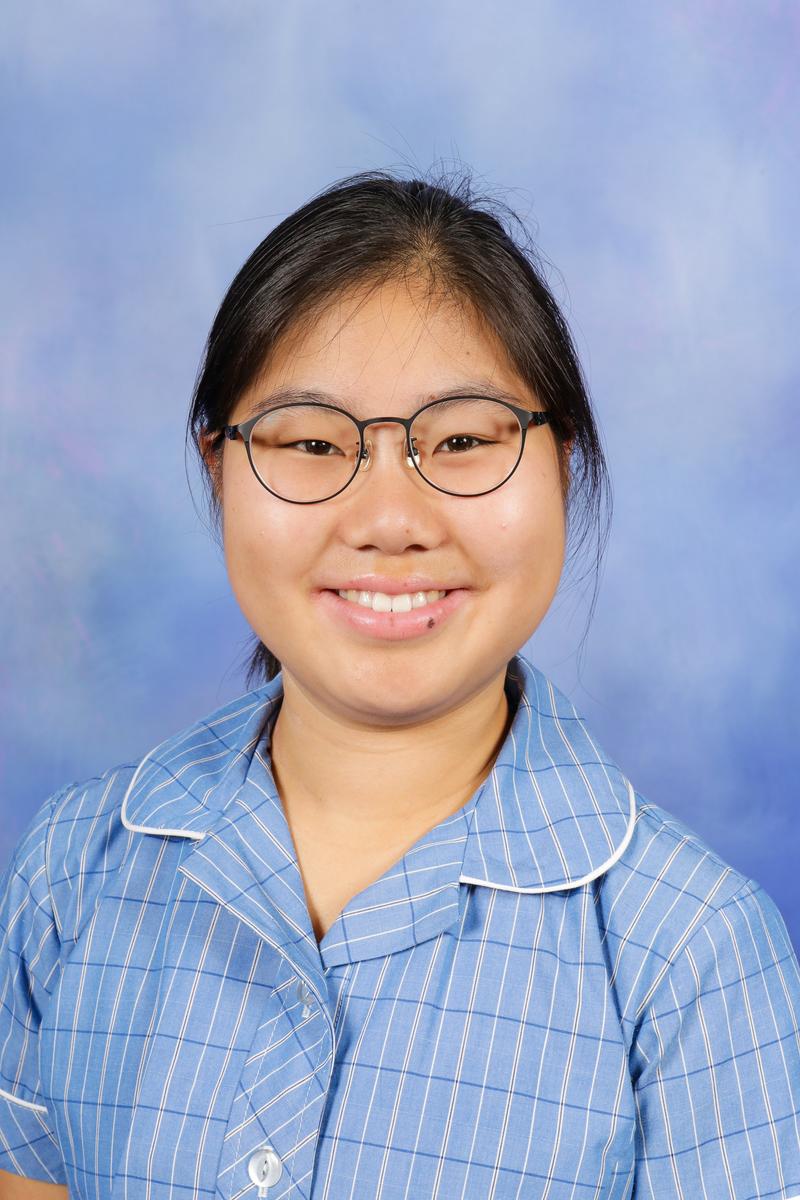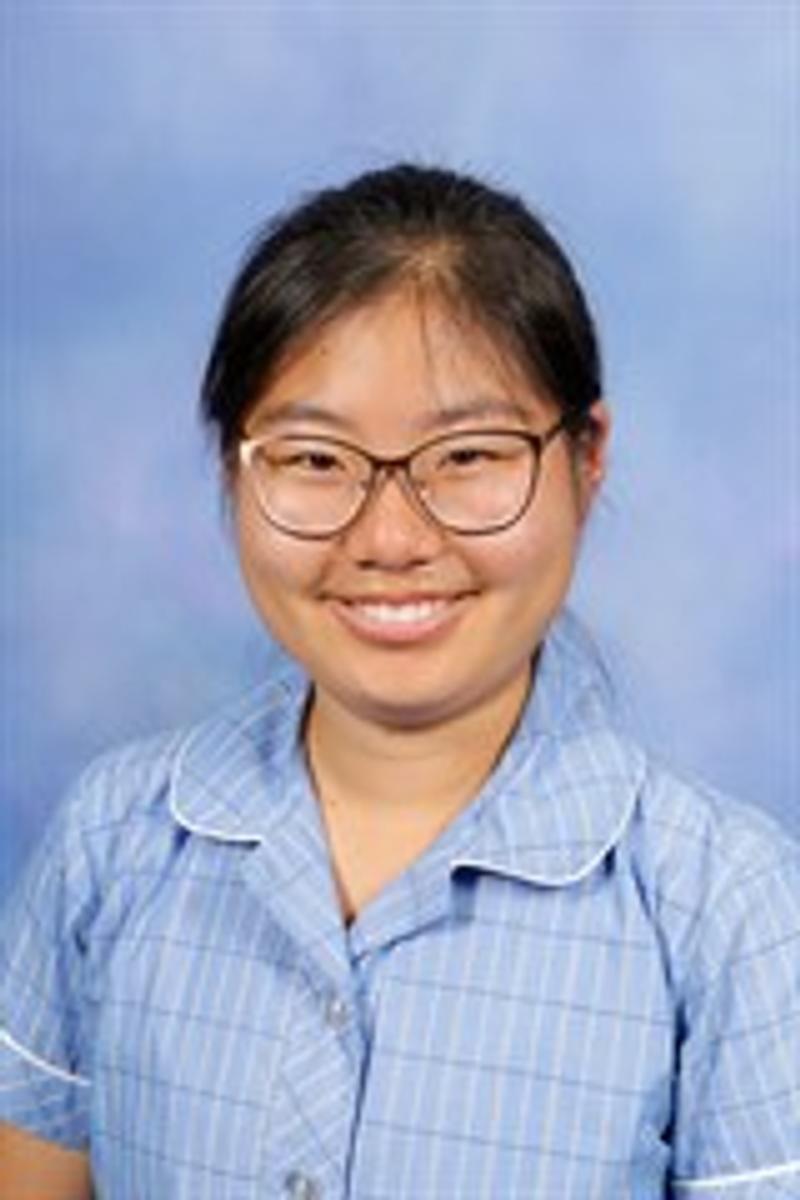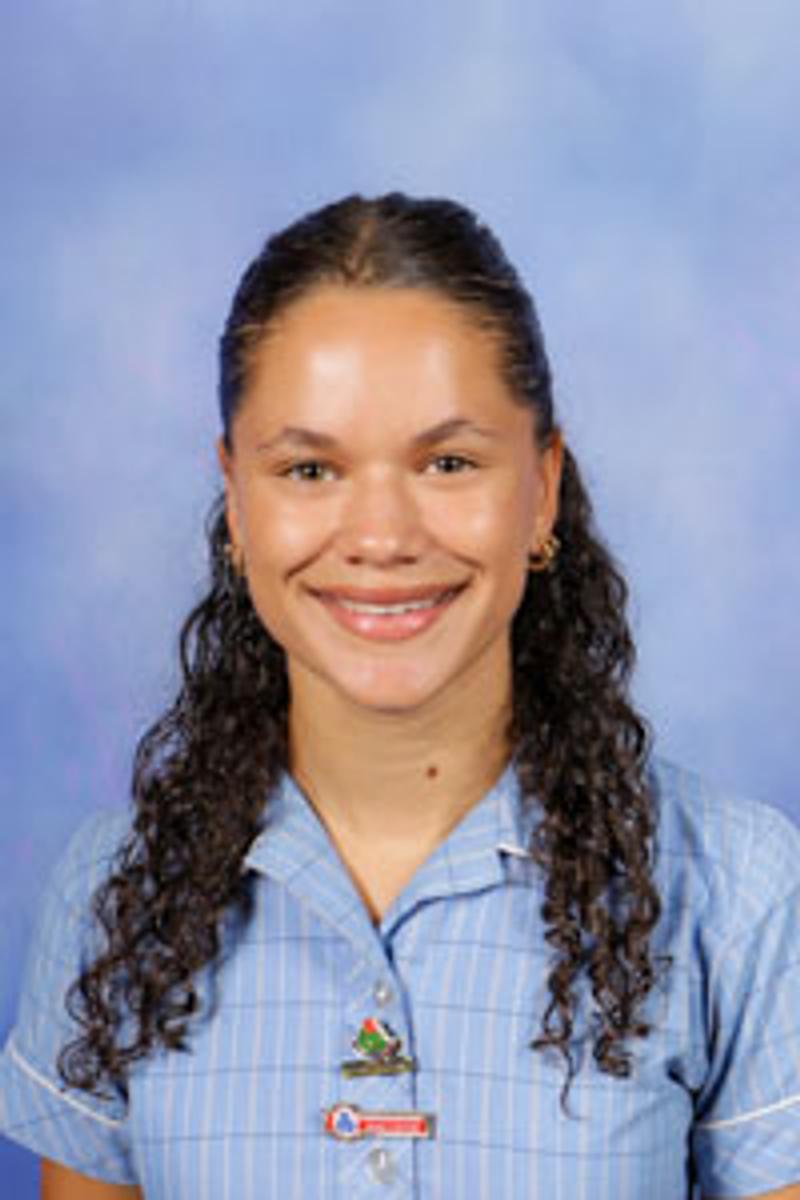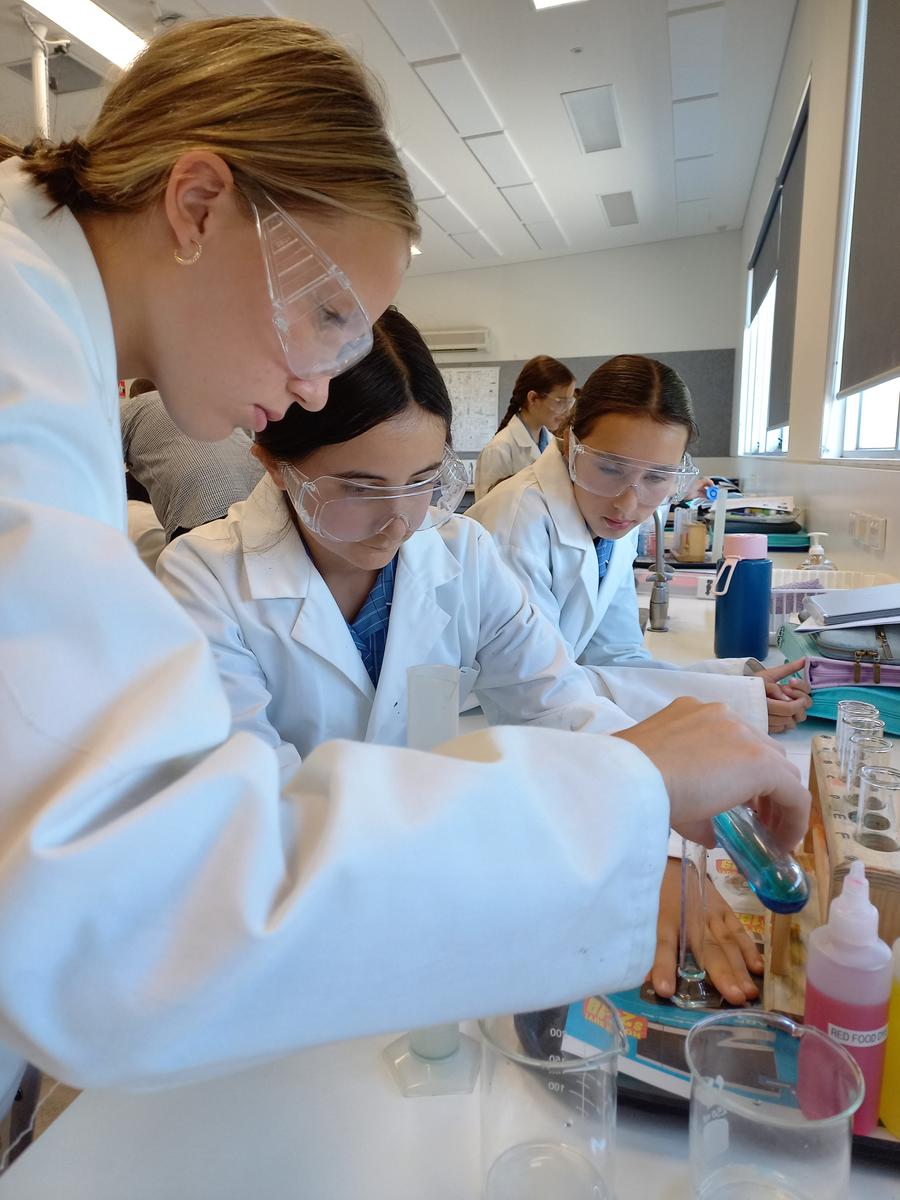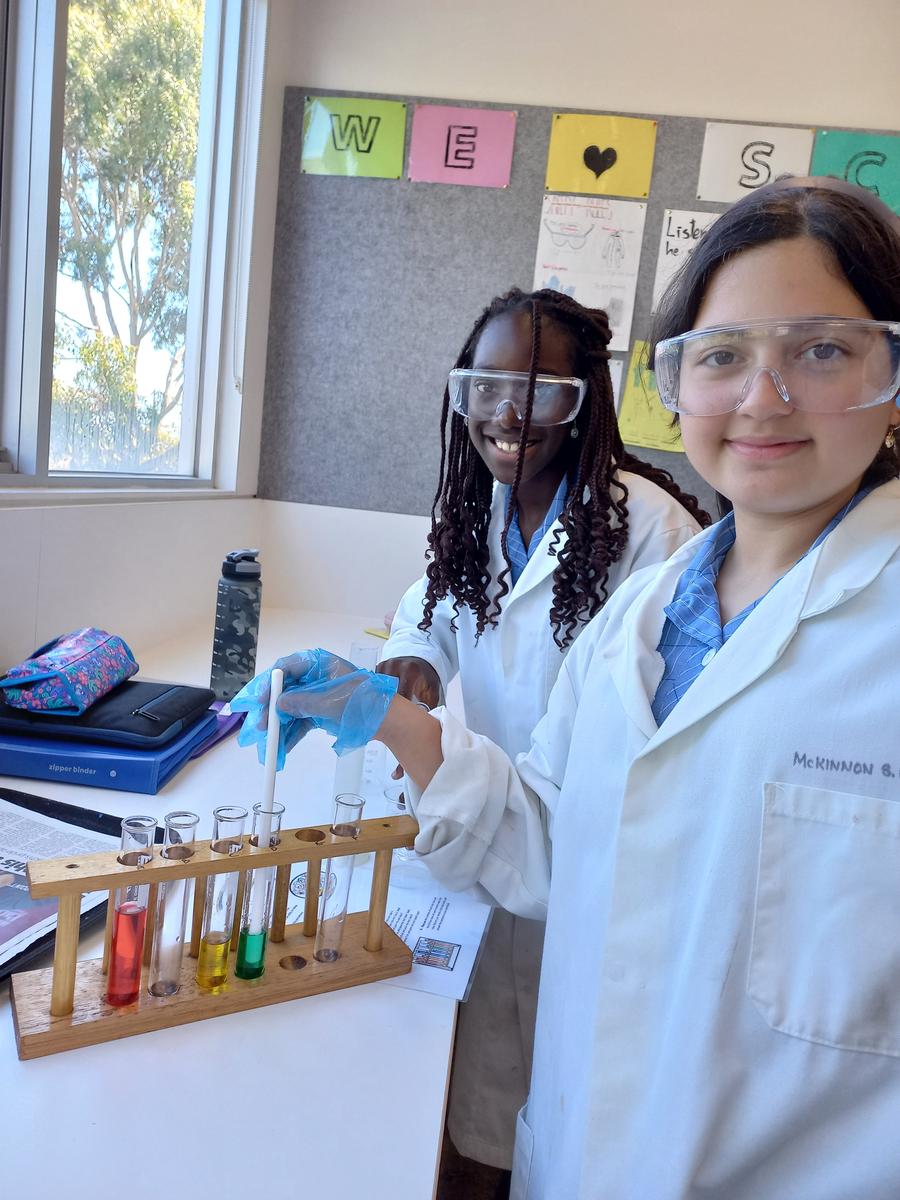SCIENCE
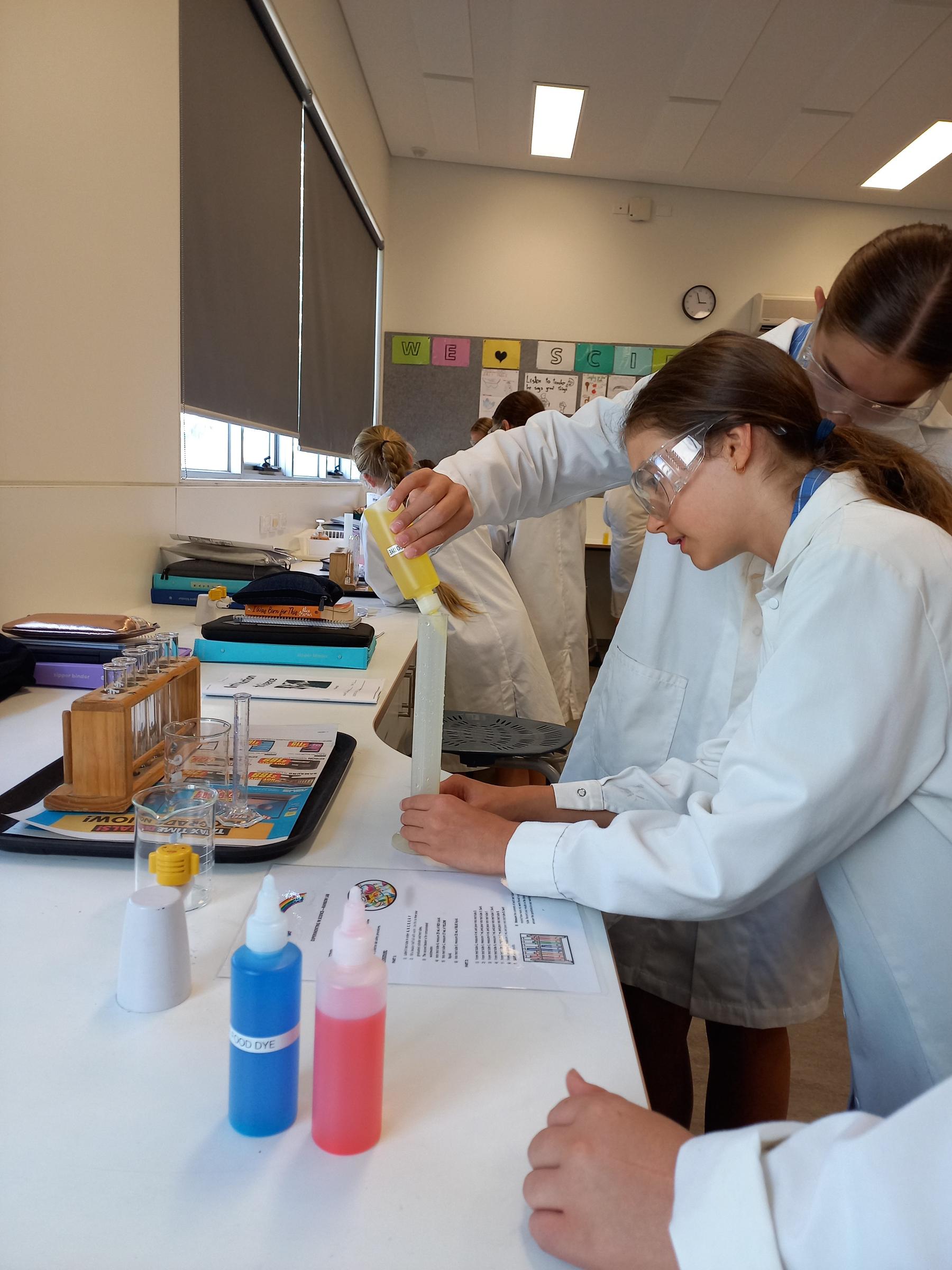
INTERNATIONAL WOMEN’S DAY IN SCIENCE
Every year on the 8th March, the world recognises International Women’s Day; a day to celebrate the social, political, economic and cultural achievements of women around the world. Not only do we acknowledge the contributions of women in those fields, but we cannot ignore the remarkable achievements of women in science.
International Women’s Day is a time to formally honour their perseverance, innovation and impact on shaping the world of scientific discovery. From pioneering breakthroughs in medicine and space exploration, to groundbreaking research in engineering and environmental sciences, women continue to defy age-old stereotypes and push boundaries, inspiring future generations.
In addition to International Women’s Day, earlier this year on Sunday 11 February, the world recognised International Day of Women and Girls in Science. Implemented by UNESCO and the UN-Women, this movement aims to inspire and promote female voices and celebrate the contributions of women around the world in science and technology.
Many companies in Australia and around the world have launched seminars, programs and workshops to educate and inspire young women in careers in science and technology. Please check out the program offered by Monash University for students in Years 9 - 12.
Within our McKinnon community, we are so fortunate to have an incredible number of staff and students who are dedicated and passionate about all things science. I am thrilled to be able to share these inspiring entries from a few of our female staff and students about what science means to them, and why they love it at McKinnon.
Ms Katherine Johnstone
Head of Science
STAFF ENTRIES
Ms Sarah Doisneau
I have been teaching Science for the past 22 years. I decided I wanted to follow this pathway after completing my Bachelor of Science (majoring in Environmental Science and Zoology) at Melbourne University. I wanted to share with others my passion for the environment and what we can do to protect it. What started my initial love of Science (Biology in particular) was the female scientist Jane Goodall and her continued efforts to encourage conservation around the world.
Apart from teaching, I have also volunteered with WaterWatch, educating the community on ways to protect our waterways, been involved in different native flora and fauna surveys and demonstrated science activities within Primary school settings. What I love most about Science is the ever changing ideas and new discoveries. I think Science is important to learn as there are always new developments, many of which affect our everyday lives.
Ms Sarah Doisneau
Ms Thérèse Sweeney
What do you love most about science?
For me science is the way I connect with this exquisitely beautiful, complex planet we live on. Einstein once wrote in a letter that he could not understand how anyone could live on this planet and not ‘pause to wonder and stand rapt in awe’. That is me, every day, rapt in awe!
What have you done/do you do to contribute to the science community?
I have done lots of bits and pieces around science over the years. For example, I have contributed to VCE chemistry textbooks, acted as a proofreader for Jacaranda Press, presented papers on various topics at VCE chemistry and science conferences run by the Science Teachers Association and I was a founding member of the Educational Committee of the National Trust of Victoria.
How long have you been teaching science?
My first year in a classroom was 1986. This is my 38th year teaching science and chemistry. ‘West End Girls’ by the Pet Shop Boys was my favourite song that year!
Have you worked in the science industry before? What did you do?
Then a short time, before I entered teaching, I worked for what was then called the Department of Fisheries and Wildlife as a fisheries research officer. It was interesting work, but I was drawn to analytical chemistry, so I went back to university and completed my second degree and then started teaching. I also went through a phase when I thought I might be a professional pilot and I qualified as a private pilot in the 1980’s.
Why do you think it is important that we teach science at school?
I think my very first answer is the reason why. When their formal education is over, I hope that our students will maintain their curiosity and question things. Science gives us that.
What woman in science inspires you?
There are so many, but I have three equal favourites. They are Madame Marie-Anne Paulze Lavoisier, Ms Rachel Carson and Professor Fiona Wood. Google them!
Ms Thérèse Sweeney
Dr Jacqueline Flynn
What do you love most about science?
The amazing discoveries that are still happening every day.
What have you done/do you do to contribute to the science community?
I have worked for several volunteer organisations in various roles including president of marine sanctuary groups and other citizen science programs. Spoken at Women in STEM events and mentored several university students.
How long have you been teaching science?
For many years with both university and secondary school students.
Have you worked in the science industry before? What did you do?
Yes, I worked as a medical research scientist running a laboratory which investigated drug resistance to current therapies, and the development of vaccines and point of care diagnostic assays for infectious diseases.
Why do you think it is important that we teach science at school?
Education of all sciences is vital for the whole community, as we are all surrounded by so much science! School is the perfect place to increase this knowledge. Additionally, the problem solving, and analytics skills learnt in science can be applied to many careers.
What woman in science inspires you?
That’s easy. Professor Sharon Lewin who is the director of the Doherty Institute. I have had the pleasure of working in collaboration with her, she is an amazing and inspirational person. She is also a great mentor and supporter of women in STEM.
Dr Jacqueline Flynn
Ms Cherie Marks
I always had a big love for Science! In VCE I studied Psychology, Biology and Chemistry, and then I enrolled in the Bachelor of Science at the University of Melbourne, specialising in Genetics and Zoology. I have so many fond memories of this course, particularly being involved in joint collaboration between the Zoology department and Melbourne Zoo, where a group of students and I designed enrichment activities for the colony of seals that lived there.
Following my degree, I embarked on a further year of study, completing my Honours with the Centre for Environmental Stress and Adaptation Research. For this project, I worked up in the Daintree rainforest of North Queensland collecting samples of endemic Drosophila (fruit files) and undertook investigations into whether they had the genetic ability to adapt to climate change.
I also tutored groups of first year university students, and it was then that I discovered my true passion for teaching Science. McKinnon was my first placement as a student teacher and I fell in love with the culture at this school. I’m now entering my nineteenth year of teaching here.
Ms Cherie Marks
STUDENT ENTRIES
The thing I love most about science is how it builds curiosity for the world around you. Everything around you is science, from the sky to the force holding you to the ground and the most interesting thing, the thing I love most about science is how much you learn from just 'how does this work?" and "why?". Simple questions lead to big answers and new learnings.
Last year, I participated in the Science Talent Search where I made a game using python on photons and the photoelectric effect. I will be doing it this year as well. As well as this, I'm in Science ELMs this year and I can't wait to learn as much as I can on new things!
It is important to learn science at school because it teaches you about all your surroundings and makes you a more curious person, which is an important life skill. Curiosity leads to making friends, learning new things and awareness of the world. SCIENCE IS AWESOME!
A woman in science who inspires me is Marie Curie because she managed to win two Nobel prizes, was the first woman to get a Nobel prize and discovered radioactivity! Who wouldn't be impressed?
Thanks for reading!
Geet Monga
Year 8
I believe that science is an important part of the school curriculum and an important part of the world. Science is asking questions, science is getting answers, and science is the process in between. Science is not a fixed subject, science is always changing and new discoveries are being made every day, with science you are constantly learning.
Science helps you make sense of the world, even if it does make the world a little more confusing, it opens your mind to new possibilities. It's so important that everyone knows a bit of science so that they can understand and take care of the planet we live on. Science is helping save lives, and save the Earth, science is taking us to new planets. Science is the future, but science is also the past. Science is everything in between.
Sidney Silkstone
Year 8
In Year 7 I started my journey in science at McKinnon and continue it to this day. I completed VCE 3/4 Psychology and Biology last year, and I am doing VCE Chemistry 3/4 this year. I have loved everything about my science journey at McKinnon. The importance of teaching science at McKinnon is undeniable. Being able to teach science skills does not only improve students' understanding and knowledge of the world around them but can also improve their communication skills, critical thinking skills, and fuel their passions for the world of science, allowing them to thrive in the McKinnon environment.
As I reflect on the women in science who inspire me, it is truly my peers in the science classroom and the female science teachers, especially Mrs Wallis and Ms Johnstone who I have looked up to along my science journey at McKinnon. Seeing how incredibly smart and hardworking my fellow female peers and teachers are is truly inspiring and something to be so proud of in an industry that was once dominated by men. They inspire me to work hard every day and fuel my love for science. For any girls or anyone else thinking about completing a VCE science, I could not recommend it enough.
Madeleine Lajbcygier
Year 12
I have thoroughly enjoyed my journey in science at McKinnon and I am immensely grateful for all my science teachers throughout the years. Their dedication has created such an amazing learning experience and has fuelled my interest in science. I believe science is important as it serves as the foundation for understanding the world around us and helps us to develop a sense of curiosity and critical thinking. It is this that has driven me to continue studying science in VCE, igniting my passion for learning in this field. I look forward to continuing exploring concepts in science this year!
Joleigh Theron
Year 12
Science is one of the core pillars that has helped to build and further develop society and the economy. The concept of science includes much more than the subjects of chemistry, biology, physics and psychology, it includes investigation into aspects of living and non-living organisms, spanning from medical sciences to the study of human behaviour to the study of plants or animals and everything in between. With science branching off into a multitude of fields, it results in a large number of science related jobs worldwide. The spread of jobs and studies within science means that it is able to be catered to all individuals in any shape or form.
By teaching science at school, it further explains the reasons behind complex and simple systems in society. This knowledge can then be utilised by students to further investigate and pursue their specific areas of interest. As mentioned before, science has the ability to create and expand student’s future careers through the different branches of science.
My school science journey has been challenging yet engaging. Throughout the variety of topics and concepts explored in junior school to more specific branches of science, it has taught me that there is an unknown level of complexity to things that are thought to be simple.
In VCE Psychology, learning about the nervous system, memory, stress and sleep has deepened my understanding of the internal processes that occur in the human body which enable us to function the way we do. Furthermore, VCE Chemistry has enabled me to take a deep dive into the role of bonding between atoms to form everyday objects, investigation into fuel sources used in society, the application of chemical concepts to everyday life and many more. Overall, science has been an asset to the growth of my understanding of the world as well as providing me with a greater range of future career options.
Jooyeon Ji
Year 12
Science is a branch of knowledge that encompasses many different areas, which helps to gather knowledge through testable explanations and predictions about the world. And through it we are able to learn a multitude of information and ideas about how the world works and how it came to be.
The thing I love most about science is the variety of knowledge you gain from all the different areas of science and how they are able to link to real life situations and scenarios. It also allows you to be able to apply what you learn in class to the wider world to better understand the environment around you. On top of the knowledge you gain you are able to partake in practical activities and experiments that help to further extend your idea of concepts that you learn (and they’re fun).
Throughout my journey of science at school I have learnt about many interesting topics which have challenged me and some that have allowed me to learn something new and understand the world better. These may include the effects of sleep and stress on different aspects of the body and mind as well as how certain plants are able to survive in such hot environments while others cannot, through learning about adaptations of photosynthesis.
By teaching science at school it allows students to expand their knowledge and ideas of the world around them, as almost everything we see in our environment can be linked to some various aspect/s of science or can be explained by it. Furthermore, through the teaching of science at school it can help forge a pathway for the next generation of scientists who may provide different perspectives of solving world problems.
Sooyeon Ji
Year 12
I’ve really enjoyed my science journey, and I think it’s definitely something that I’d like to pursue and continue to explore in the future. I love how many endless discoveries we can make in science, and how the amount one can learn never really ceases, as the human body and world around us evolves. Last year I studied VCE Psychology, and this year VCE Chemistry, and I love how I can see the things I learn in these subjects happening around me. Chemistry is all around us, and investigating all the processes that happen without us even noticing is very eye opening. Similarly, in Psychology so many things are happening in our bodies and brains every millisecond, and to zoom in on some of these was a very interesting experience.
By learning so much about the mind and body and how they work together last year, I’m able to still apply techniques to reduce my stress levels and optimise my studying to support my body better. Learning about what happens around us and inside us is so important, and broadens the mind, I think it’s super important to get a taste of the world of science in school. I feel very grateful to have been provided with the opportunities to study science, and so many female scientists around the world have inspired me to continue and study STEM subjects.
Gisele Hennequin
Year 12

